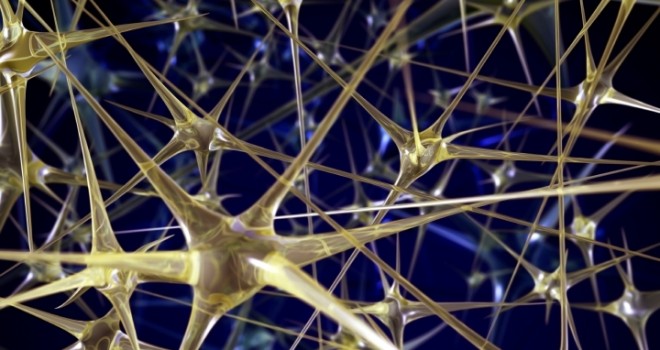
Information is not knowledge
An average individual today receives in one hour the amount of data that a 17th-century person received in a lifetime
Is the flood of information we now live in a good thing or a bad thing? On the one hand, while we are drowning in information, we are starved for knowledge — rephrasing John Naisbitt’s famous statement.
On the other hand, knowledge — and even information — used to be the monopoly of select elites, when books were sacredly stored in monasteries and not accessible to the general public. We should surely be happy to now have large amounts of the information produced by humans available at our fingertips.
But, as we well know from other areas of our lives, excess is often not good. And in terms of information nowadays, ‘excess’ is an understatement. Indeed, not only have the sources of information multiplied very fast in recent years, extending from books and newspapers to TV, internet, smartphones and various satellite-receiving devices, the amount of data we now receive is truly astronomical.
An average individual is today estimated to receive in one hour the amount of data that a 17th-century person received in a lifetime. In one minute, 168 million emails are sent (71 per cent of them spam, and 19 per cent of them passing through the filters), 4.6 million videos are viewed online, 2.3 million searches are submitted on Google, 530,000 tweets are made, and close to a million ‘status updates’ (posts) are made on Facebook.
subhead
The problem is: most of that information being thus exchanged is useless junk, but it is difficult to quickly sift the chaff from the grain.
Too much information has indeed become a very serious problem. First, information consumes the attention of its recipients. Secondly, junk information is often ‘sweetened’ with glitz, forcing our attention and making us want more; thus the consumption of information becomes addictive. Thirdly, information is now received faster and faster, and ‘fast information’ (like fast food and fast life) tires and stresses us out, destroying our inner peace, our ability to think quietly and deeply, to contemplate our world and our life.
We now expect to instantly get answers to any questions we may have, no matter how complex, but paradoxically, when we seek information, we get swamped by the sheer amount and just don’t know how to get what we need.
Interesting expressions have thus appeared to describe this phenomenon: ‘information overload’, ‘data smog’, ‘information fatigue syndrome’, and ‘techno-stress’. And ‘internet addiction disorder’ groups have existed for some time …
The problem of our present (and future) times is indeed how to extract knowledge from the information we receive or gather, and how to build wisdom from the knowledge we acquire.
subhead
In my view, the answer can be summed up in one word: education. Indeed, if we educate people properly, we teach them not to collect or memorise facts, for those are now instantly accessible and no longer need our neurons for storage, but rather how to distinguish solid from weak information, where to find the relevant and reliable information, and how to turn it into knowledge and wisdom.
For this, we need the tools of information literacy and critical thinking. One of the things I insist on with my students when I give them topics to research is to seek the assistance and support of librarians, who have specialised in organising information and thus in quickly finding the most relevant sources and references.
I also insist that they use books, journals, and print publications, not just digital sources, though nowadays much good can be found online. Libraries, which are adapting to the digital age, are an important resource that must be preserved and used fully, as they will play an important role in helping us navigate this deluge of information.
We also need to teach students to assess and compare sources of information and thus identify, as quickly as possible, what can be trusted from what is likely to be incorrect.
And lastly, we need to reshape our relationship with information, particularly digital data; indeed, we need to reprogramme our lives. Many families and social groups have now decided to undertake internet-free or digital-free weekends or vacations. One technology journalist decided to give up the internet for a whole year (that sounds extreme and perhaps counter-productive)! At the very least, kids should not be allowed to use their smartphones and tablets at the dinner table or even in the living room, while sitting with other family members. And students, as I wrote in a previous column, should turn off Facebook and Twitter tickers and instant messaging when studying, doing homework, or preparing for exams.
As the American astronomer Clifford Stoll wrote, “Data is not information; information is not knowledge; knowledge is not understanding; understanding is not wisdom.” Learning to distinguish between these categories requires solid education and fine mental skills. That is one of the most important educational goals of our times.
By Nidhal Guessoum, published in Gulfnews.com, September 20th 2012.
Nidhal Guessoum heads the Physics department at the American University of Sharjah.

